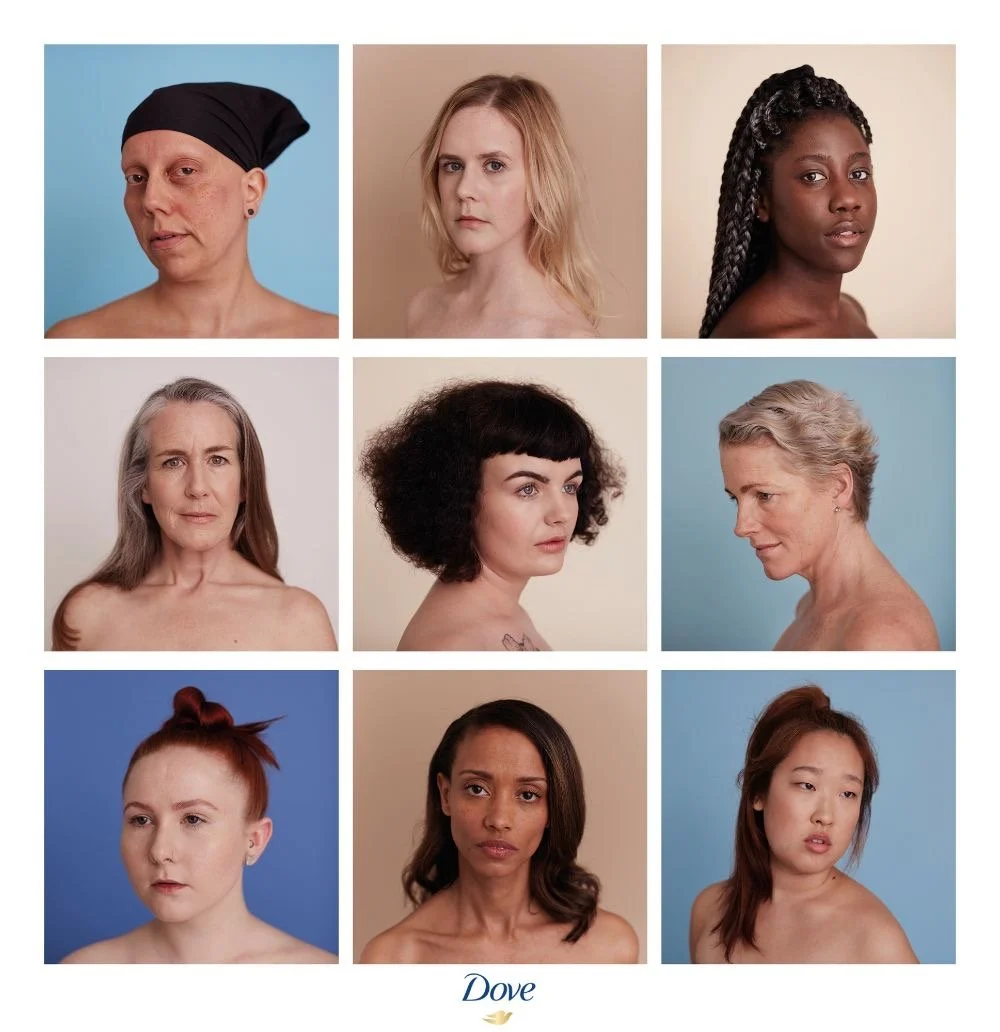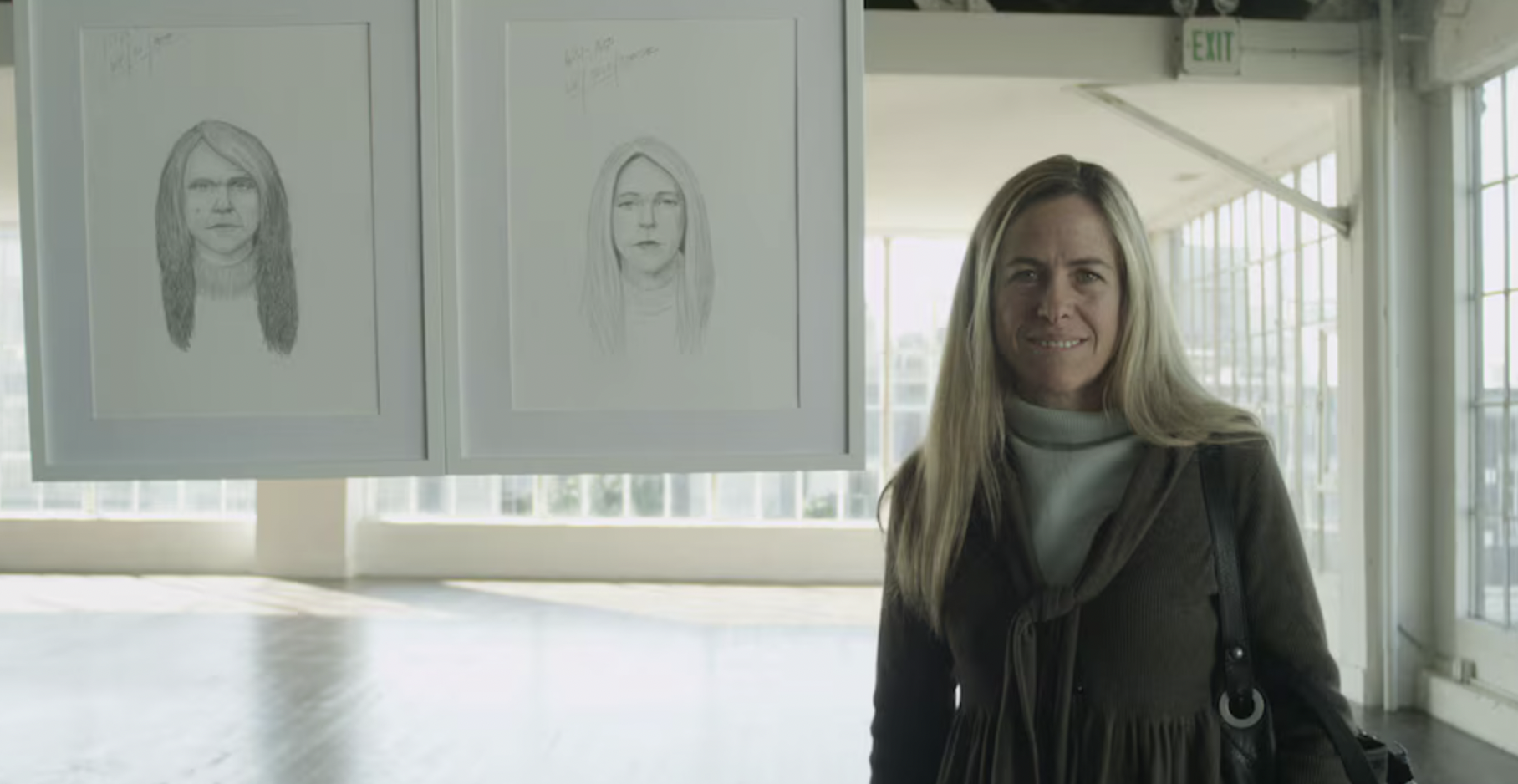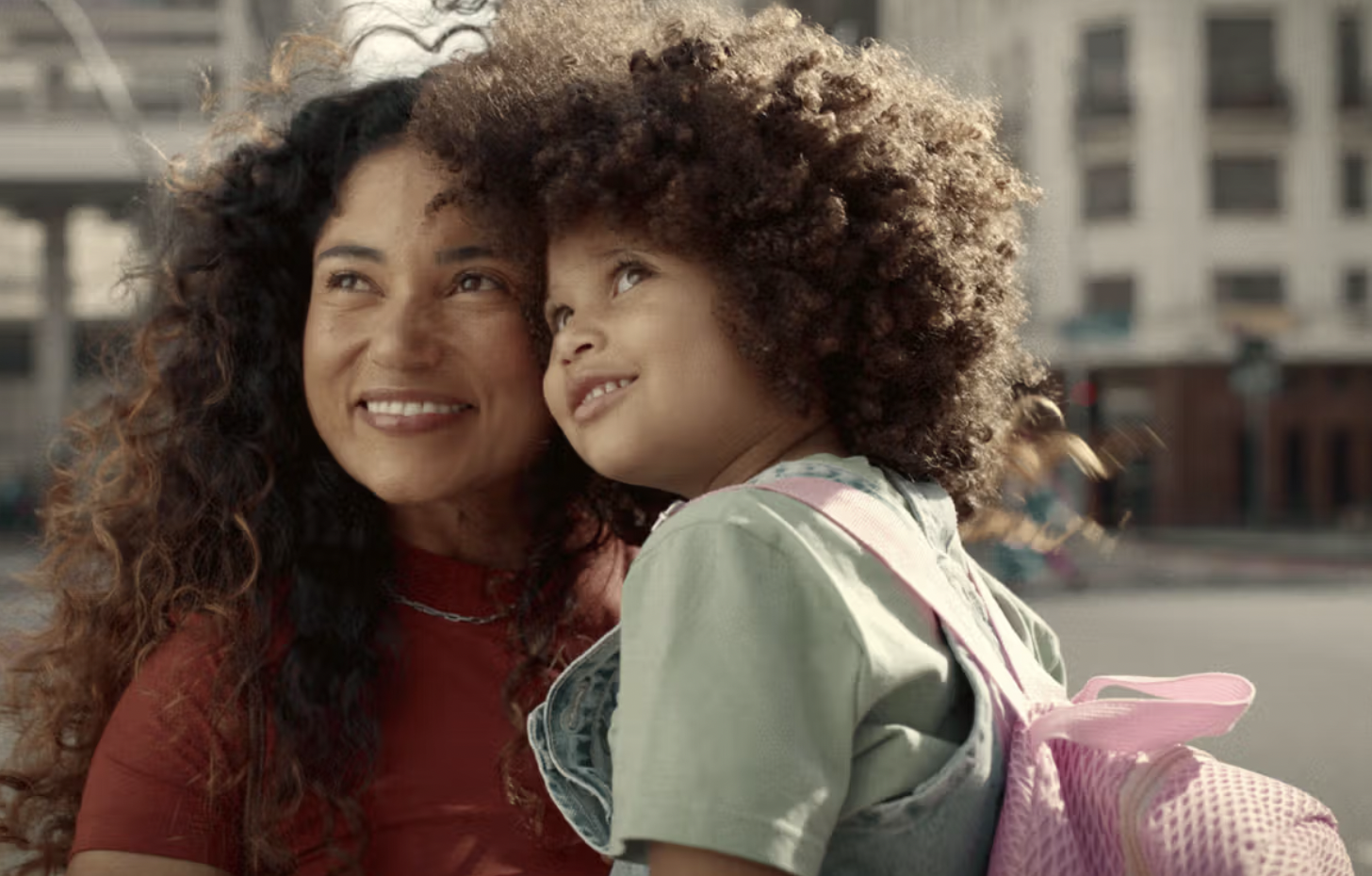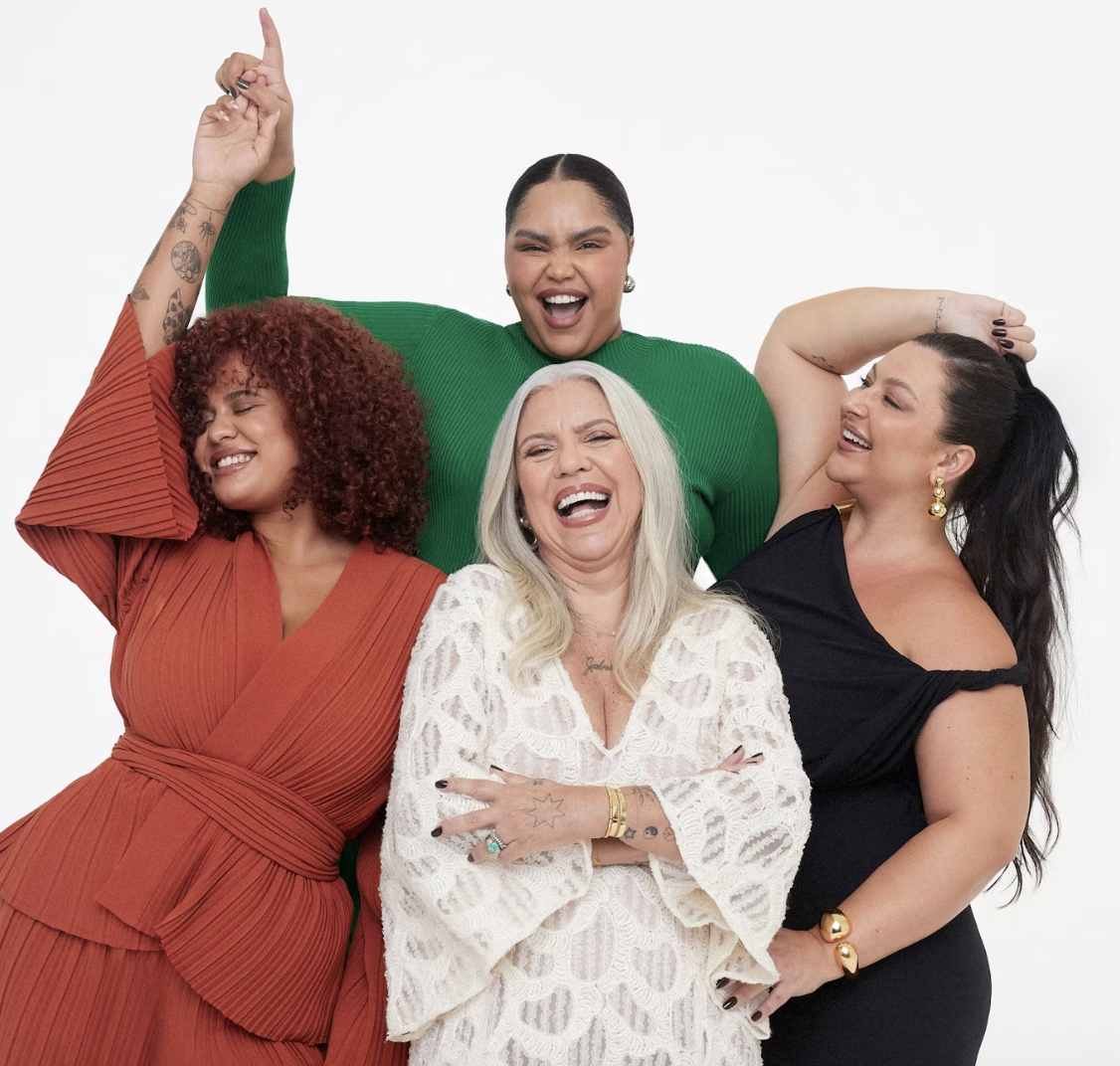Real beauty, real impact: How Dove's 20-year mission is changing the conversation about self-worth
I’ve always admired brands that stand for change and aim to create an impact beyond the products they sell, and that’s why Dove will always have my heart.
For over 20 years, Dove has been on a mission to redefine beauty by challenging toxic beauty standards and championing the inclusivity of beauty for women of all ages. In 2004, they made a bold commitment to feature only real women and real stories (never professional models) in their campaigns. By portraying women as they truly are, Dove has worked to shift the narrative around the world’s unrealistic and narrow definitions of beauty.
According to the Mental Health Foundation, over a third of UK adults have felt anxious or depressed due to concerns about their body image, and among teenagers, 31% have felt ashamed of the way they look. This is why campaigns like Dove’s matter.
Welcome to the 5th edition of the PLM Brand and Campaign column! I can't believe it's been 5 months already! Today, I want to switch things up a bit. I had originally planned to write about the Blank Street campaign, but with May being Mental Health Awareness month, I felt inspired to give my lovely readers a little confidence boost instead by travelling down memory lane and spotlighting two of my favourite Dove Real Beauty Campaigns. Even if you’re reading this after May, the truth is mental health matters every day and should not be constricted to just one month.
Let's get into it!
The Mental Health Foundation found that struggling with body image is more common than many people realise, especially due to the rise of social media. I am not afraid to admit I have struggled with body image issues because of social media and what the world deems as "the ideal body standard".
These struggles can be caused by a variety of factors which include the way others speak about our bodies, constant exposure to unrealistic beauty standards on social media, the pressure to look a certain way or achieve an "ideal" body type, long-term health conditions, cultural expectations, and many other influences can all contribute to how we see and feel about ourselves.
While having body image issues isn't a mental health disorder in itself, it can be a significant risk factor of mental health issues and pose a risk of increased psychological stress and eating disorders, and unhealthy eating habits.
One of my favourite Dove campaigns is Dove Real Beauty Sketches. In this powerful experiment, random women were asked to describe themselves to a FBI-trained forensic artist Gil Zamora who sketched them based solely on their descriptions of themselves from behind a curtain. The same women were described by someone they had just met, and Gil created a second portrait based on those observations.
When the women saw both sketches side by side, they realised the versions drawn from others’ descriptions were more flattering. This was a moving reminder of how sometimes as women we can be our worst critic when it comes to our appearance. Dove realised most women are happier and live more confidently when they feel more beautiful and this moved them to do something about it, hence the creation of this powerful campaign. This campaign encourages women to be kinder and see themselves in a more compassionate light. 50 million people viewed this campaign within 12 days of its release and till date it has been viewed over 180 million times which goes to show the impact of this campaign.
To mark 20 years of their commitment to Real Beauty, Dove renewed its pledge to never use AI-generated content in their advertising. The brand predicted that by 2025, 90% of online content would be created using artificial intelligence and with the launch of tools like Google’s new video AI generator proves those times are here.
Dove’s research revealed that 1 in 3 women feel pressured to alter their appearance due to what they see online even when they know the content is AI-generated. In response, Dove launched The Code campaign, which showcases how AI often reinforces unrealistic and non-inclusive beauty standards. The campaign garnered over a million views on instagram. This campaign does not only shed light on the issue but also reaffirms Dove’s stand to protect real beauty by keeping it human.
What can we learn from this?
Dove wants every woman to define beauty on their terms and make it their source of joy and self-expression. One way to start is by tuning out the noise of the world's standards, asking yourself the question: What does being beautiful mean to me?
We also need to learn be kinder to ourselves and the people around us. When negative thoughts and feelings about our appearance start to creep in, something that has helped me is speaking back to them with positive affirmations. Remind yourself of your worth, your beauty, and the qualities that make you uniquely you.
It’s also important to remember that we never truly know what others are going through or what they might feel self-conscious about. We must always be mindful that words carry weight. That is why it pays to be kind and watch what we say about the appearance of others.
Lastly when you see something beautiful in someone, don't be afraid to let them know. I am known for showering my friends with compliments all the time. Let people know you think they are beautiful. Let people know you like how they wore their hair differently today! Celebrate their uniqueness! You will never know whose day you are making better
If you want to begin your confidence journey here is a video by Dove to help you define Beauty on your own terms.
If you are a parent, guardian, educator, etc here is a Confidence kit to help anyone under your care that might be dealing with self-esteem issues.
What brands can learn from this?
There was no way I could end this column without touching on what brands could learn from this.
Dove launched the Real Beauty Campaign when they found that only 2% of women saw themselves as beautiful. As a personal care brand, they realized the impact they could have on girls all over the world if they took a stand. 20 years on, they have been able to reach over 136,000,000 people through their self-esteem project.
Their Reverse Selfie Campaign which illustrates the extreme lengths many teenage girls go to when editing their photos before posting, achieved 6 billion impressions. It did not only boost their brand affinity by 20% and sales by 11%, but also resonated deeply with women and girls, who affirmed that Dove inspires them to feel more positive about their appearance.
People are naturally drawn to brands that go beyond just making sales but strive to create real change. As a brand or founder, one lasting way to build deeper connections with your audience or reach a larger audience is to reconnect with your core or personal values and ask yourself: What change do I want to see in the world and how can my brand contribute to it? That way, you won't just be providing a service but also playing a part in making this chaotic world a little better to live in.
Thank you my lovely readers! I know this was different from what I usually write on but I hope you enjoyed it just as much! Till next time xx
Social Media and Marketing Strategist and
Creator Executive





